What the next generation of journalists thinks
This past semester, I taught my JOUR 323: Journalism and The Audience class at USC Annenberg. The user-focused course is mostly seniors with a few juniors, all of whom strategically launch a semester-long product to serve a particular audience or demographic.
As part of the class, we read and discussed one of last year’s Nieman Lab predictions each week.
It seems fitting that this year I turn my prediction over to them. Here’s what a few soon-to-be-graduating journalists predict will happen in the coming year.
Julia Barton, Class of 2022
“The impending climate crisis is arguably the most pressing issue of the 21st century, developing in tandem with a growing distrust in the media and political polarization in the United States, causing climate journalism to be met with undue skepticism, critique, and partisanship. In a time where information is abundant but facts are scarce, a journalist’s responsibility to serve their audience with objectivity has become notably more difficult, yet successful climate reporting is vital to combatting the climate crisis. As such, there is a dire need for a framework to guide journalists through the hefty and invaluable task of effectively reporting on climate topics so as to move toward solutions rather than fear and distrust.
“To improve the quality of reporting that goes into climate topics, journalists should have more than a basic understanding of climate, even if environmental coverage is outside of their beat. It can be argued that climate has ties to nearly any beat, and having the skills and knowledge to add a climate angle to a story not focused on climate change may be wildly beneficial for readers. Once newsrooms have established trust in climate facts internally, it becomes easier for those crucial facts to be established among our audiences. With this foundation, climate reporting can move in the direction of solutions journalism rather than constantly repeating the droning and upsetting general idea that we are in a climate crisis. We owe it to our readers and to ourselves to accurately report on climate–mother nature doesn’t discriminate.”
Jillian Carmenate, Class of 2022
“As the new generation of journalists enters the industry, journalism will become more meaningful and impactful. Journalists will intentionally connect with their audiences and tailor their content to better inform them. In addition, journalists will better serve audiences because they will report on the issues that are impacting their communities. As a journalism student, my classmates give me hope for the future of journalism because they are passionate about examining social and systemic issues with in-depth reporting.”
Annalysa Cowie, Class of 2022
“The Covid-19 pandemic really changed how the journalism industry worked. The biggest area impacted by the pandemic was the newsroom environment. Having to do your reporting from home and things turning completely digital was a big shift for everyone. A lot of editors and people who ran newsrooms before the pandemic were mainly Gen-X’s. When the immediate shift came to being online, the people who ran newsrooms were completely lost on how to navigate and report from their own homes. It allowed for millennials and Gen Z’s to truly shine in the newsroom and take over because of their digital presence and knowledge.
“I think we will continue to see a big shift in who runs newsrooms. While the pandemic had already motivated the older generations to take a step down and allow the millennials to take over how they are run, I think 2022 will continue this trend. While on the topic of being digital, I think we will continue to see newsrooms remain digital this upcoming year. Journalists have adjusted to doing their work from their own homes rather than going into a crowded office. Messaging apps like Slack have become the easiest way for newsrooms to function and I think they will remain that way. Lastly, people have completely swept the idea of physical newspapers and magazines under the rug and would rather prefer to have something at their reach at all times through their phones. While many large news companies have started to require a paywall to read their content, I think we will start to see smaller news companies require them as well.”
Julia Lin, Class of 2023
“The future of journalism doesn’t just meet the audience where they are at, it invites them in and knows them by name. It’s not just remembering that our audiences are people. For journalism to be personal, journalists must be allowed to be people too. In every sense of the word. Journalism that is personal convinces audiences they should care, it humanizes stories, and it acknowledges that every journalist, every editor and every reader everywhere shows up with an identity that can’t be checked at the door no matter how much we pretend. And it also means that journalists can be people in the newsroom too. That we write with voice, we take breaks and that we have, yes, boundaries.”
Maggie Morris, Class of 2021
“I believe that the journalism industry is going to make a noticeable shift toward casual reporting to engage younger audiences. Generally speaking, younger generations who are active in social media tend to watch media that provides some sort of relatability. Reporters who aren’t polished with perfect camera setups aren’t always going to grab a viewer’s attention, so I believe journalism is going to get creative in how they grab attention.”
Sophia Ungaro, Class of 2021
“In 2022 I hope we embrace the end of objectivity. While it may always be a requirement for journalists to maintain a certain level of professionalism and follow an ethical standard, it is absurd to ask that they erase facets of their identity to report accurately.
“Being subjective to certain matters allows for more substantial reporting and higher community engagement. Leveraging your human experience to connect with sources is a method to create trust within the community you serve as a reporter.
“When journalism begins to accept the death of objectivity, the industry will begin to thrive off relying on organic humanity rather than stiff, rigid and outdated mechanisms.”
Pauline Woodley, Class of 2022
“My perfect newsroom looks like me and my friends, it is run on compassion and care for all involved. It is fair and unafraid to do what is right. It is perfect in its imperfections, in the fact that we are going to get it wrong and we are going to admit are humanity when we do. It is having a voice that is distinctly yours and being able to share it. Being bold in speaking out against injustices. I’ve learned, of my time in college, that the only way I’m moving up in this industry is by lifting and being lifted.
“The most successful moments in my student-run newsroom have been filled with marginalized journalists getting to tell their own stories. We are journalists dedicated to telling the stories we were never told. In finding the gaps and filling them. This year more than ever I learned how important it is for people to have the space to speak for themselves. I work as a member of the Equity Board in my student-run newsroom. Our version of a diversity and inclusion section was sparked by the horrid events of 2020 and was always necessary. In navigating a return to in-person classes and a multimedia newsroom that had remained empty for a year and a half, I learned how important it is to uplift and build community rather than try and take center stage.
“The future of the media is in solidarity, specifically amongst journalists of color. In the last year especially there has been a need for fostering community. In a college newsroom at a predominantly white university, that looks like friendships formed with authentic intent. In our bubbles, we are heard and seen. It is much easier to raise our voice and fight for what’s right when we form friendships in the newsroom that have our back. Change comes with disruption, and the journalists of color, the marginalized journalists chatting by the water cooler are more than ready to disrupt.”
Robert Hernandez, Class of 2001
“I’m going to sneak in my prediction too: Old journalism will be swept away and replaced by newer, younger, more diverse journalism that looks like my students…the city we live in, Los Angeles…the state of California…the genuine melting pot of the United States. These young professionals are tired of waiting for their turn and will take the reins of leadership whether older generations are ready or not.
“I encourage you to hire them. But I also encourage the industry to embrace them, because these young professionals are going to be our bosses that will be in the position to hire us.
“Their time is now.”
Robert Hernandez is a professor of professional practice at the USC Annenberg School for Communication and Journalism.

This past semester, I taught my JOUR 323: Journalism and The Audience class at USC Annenberg. The user-focused course is mostly seniors with a few juniors, all of whom strategically launch a semester-long product to serve a particular audience or demographic.
As part of the class, we read and discussed one of last year’s Nieman Lab predictions each week.
It seems fitting that this year I turn my prediction over to them. Here’s what a few soon-to-be-graduating journalists predict will happen in the coming year.
Julia Barton, Class of 2022
“The impending climate crisis is arguably the most pressing issue of the 21st century, developing in tandem with a growing distrust in the media and political polarization in the United States, causing climate journalism to be met with undue skepticism, critique, and partisanship. In a time where information is abundant but facts are scarce, a journalist’s responsibility to serve their audience with objectivity has become notably more difficult, yet successful climate reporting is vital to combatting the climate crisis. As such, there is a dire need for a framework to guide journalists through the hefty and invaluable task of effectively reporting on climate topics so as to move toward solutions rather than fear and distrust.
“To improve the quality of reporting that goes into climate topics, journalists should have more than a basic understanding of climate, even if environmental coverage is outside of their beat. It can be argued that climate has ties to nearly any beat, and having the skills and knowledge to add a climate angle to a story not focused on climate change may be wildly beneficial for readers. Once newsrooms have established trust in climate facts internally, it becomes easier for those crucial facts to be established among our audiences. With this foundation, climate reporting can move in the direction of solutions journalism rather than constantly repeating the droning and upsetting general idea that we are in a climate crisis. We owe it to our readers and to ourselves to accurately report on climate–mother nature doesn’t discriminate.”
Jillian Carmenate, Class of 2022
“As the new generation of journalists enters the industry, journalism will become more meaningful and impactful. Journalists will intentionally connect with their audiences and tailor their content to better inform them. In addition, journalists will better serve audiences because they will report on the issues that are impacting their communities. As a journalism student, my classmates give me hope for the future of journalism because they are passionate about examining social and systemic issues with in-depth reporting.”
Annalysa Cowie, Class of 2022
“The Covid-19 pandemic really changed how the journalism industry worked. The biggest area impacted by the pandemic was the newsroom environment. Having to do your reporting from home and things turning completely digital was a big shift for everyone. A lot of editors and people who ran newsrooms before the pandemic were mainly Gen-X’s. When the immediate shift came to being online, the people who ran newsrooms were completely lost on how to navigate and report from their own homes. It allowed for millennials and Gen Z’s to truly shine in the newsroom and take over because of their digital presence and knowledge.
“I think we will continue to see a big shift in who runs newsrooms. While the pandemic had already motivated the older generations to take a step down and allow the millennials to take over how they are run, I think 2022 will continue this trend. While on the topic of being digital, I think we will continue to see newsrooms remain digital this upcoming year. Journalists have adjusted to doing their work from their own homes rather than going into a crowded office. Messaging apps like Slack have become the easiest way for newsrooms to function and I think they will remain that way. Lastly, people have completely swept the idea of physical newspapers and magazines under the rug and would rather prefer to have something at their reach at all times through their phones. While many large news companies have started to require a paywall to read their content, I think we will start to see smaller news companies require them as well.”
Julia Lin, Class of 2023
“The future of journalism doesn’t just meet the audience where they are at, it invites them in and knows them by name. It’s not just remembering that our audiences are people. For journalism to be personal, journalists must be allowed to be people too. In every sense of the word. Journalism that is personal convinces audiences they should care, it humanizes stories, and it acknowledges that every journalist, every editor and every reader everywhere shows up with an identity that can’t be checked at the door no matter how much we pretend. And it also means that journalists can be people in the newsroom too. That we write with voice, we take breaks and that we have, yes, boundaries.”
Maggie Morris, Class of 2021
“I believe that the journalism industry is going to make a noticeable shift toward casual reporting to engage younger audiences. Generally speaking, younger generations who are active in social media tend to watch media that provides some sort of relatability. Reporters who aren’t polished with perfect camera setups aren’t always going to grab a viewer’s attention, so I believe journalism is going to get creative in how they grab attention.”
Sophia Ungaro, Class of 2021
“In 2022 I hope we embrace the end of objectivity. While it may always be a requirement for journalists to maintain a certain level of professionalism and follow an ethical standard, it is absurd to ask that they erase facets of their identity to report accurately.
“Being subjective to certain matters allows for more substantial reporting and higher community engagement. Leveraging your human experience to connect with sources is a method to create trust within the community you serve as a reporter.
“When journalism begins to accept the death of objectivity, the industry will begin to thrive off relying on organic humanity rather than stiff, rigid and outdated mechanisms.”
Pauline Woodley, Class of 2022
“My perfect newsroom looks like me and my friends, it is run on compassion and care for all involved. It is fair and unafraid to do what is right. It is perfect in its imperfections, in the fact that we are going to get it wrong and we are going to admit are humanity when we do. It is having a voice that is distinctly yours and being able to share it. Being bold in speaking out against injustices. I’ve learned, of my time in college, that the only way I’m moving up in this industry is by lifting and being lifted.
“The most successful moments in my student-run newsroom have been filled with marginalized journalists getting to tell their own stories. We are journalists dedicated to telling the stories we were never told. In finding the gaps and filling them. This year more than ever I learned how important it is for people to have the space to speak for themselves. I work as a member of the Equity Board in my student-run newsroom. Our version of a diversity and inclusion section was sparked by the horrid events of 2020 and was always necessary. In navigating a return to in-person classes and a multimedia newsroom that had remained empty for a year and a half, I learned how important it is to uplift and build community rather than try and take center stage.
“The future of the media is in solidarity, specifically amongst journalists of color. In the last year especially there has been a need for fostering community. In a college newsroom at a predominantly white university, that looks like friendships formed with authentic intent. In our bubbles, we are heard and seen. It is much easier to raise our voice and fight for what’s right when we form friendships in the newsroom that have our back. Change comes with disruption, and the journalists of color, the marginalized journalists chatting by the water cooler are more than ready to disrupt.”
Robert Hernandez, Class of 2001
“I’m going to sneak in my prediction too: Old journalism will be swept away and replaced by newer, younger, more diverse journalism that looks like my students…the city we live in, Los Angeles…the state of California…the genuine melting pot of the United States. These young professionals are tired of waiting for their turn and will take the reins of leadership whether older generations are ready or not.
“I encourage you to hire them. But I also encourage the industry to embrace them, because these young professionals are going to be our bosses that will be in the position to hire us.
“Their time is now.”
Robert Hernandez is a professor of professional practice at the USC Annenberg School for Communication and Journalism.
Sarah Marshall

Simon Galperin

Michael W. Wagner

Kathleen Searles Rebekah Trumble

Robert Hernandez

Nik Usher

Rachel Glickhouse

Natalia Viana

Tom Trewinnard

j. Siguru Wahutu
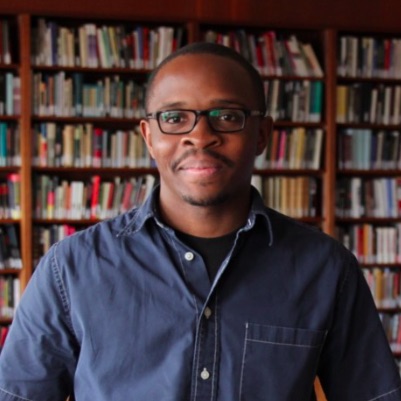
Jennifer Brandel

Brian Moritz

Joy Mayer

Izabella Kaminska
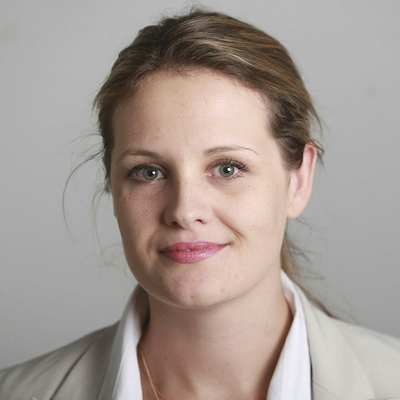
Laxmi Parthasarathy

James Green

Christina Shih

David Skok
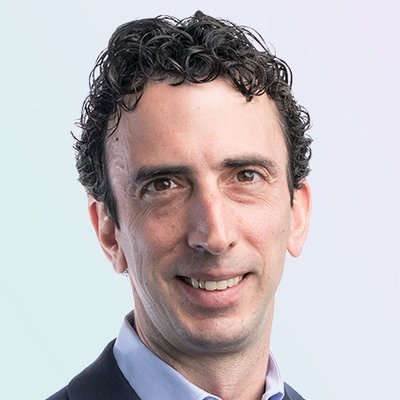
Ariel Zirulnick

Daniel Eilemberg

Joanne McNeil

Jesse Holcomb

Parker Molloy

Alice Antheaume

Sarah Stonbely

Zizi Papacharissi

Tony Baranowski

Millie Tran

Catalina Albeanu

Kendra Pierre-Louis

James Salanga

Kristen Muller
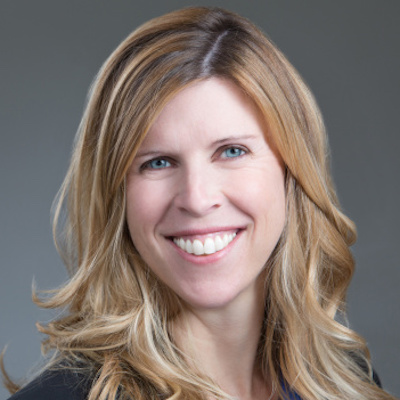
Chicas Poderosas

Paul Cheung

Eric Nuzum

Shalabh Upadhyay
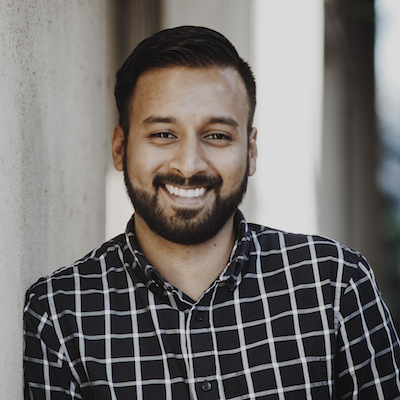
Anita Varma

Joni Deutsch

Sam Guzik

Simon Allison

S. Mitra Kalita
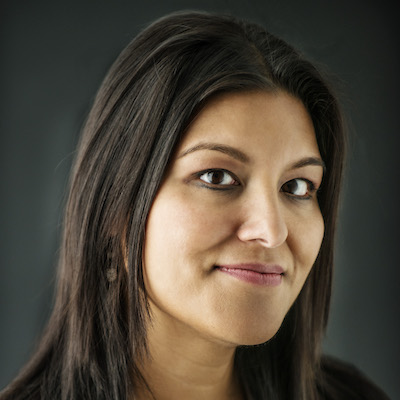
Juleyka Lantigua

Gordon Crovitz

Victor Pickard

Tamar Charney

Doris Truong
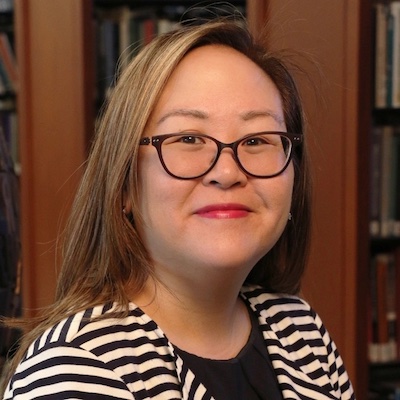
Anika Anand

Joe Amditis

A.J. Bauer

Jody Brannon

Candace Amos
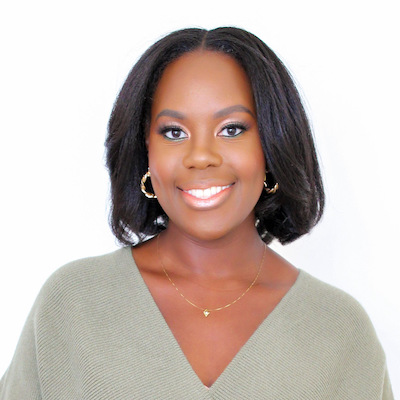
John Davidow

Cherian George
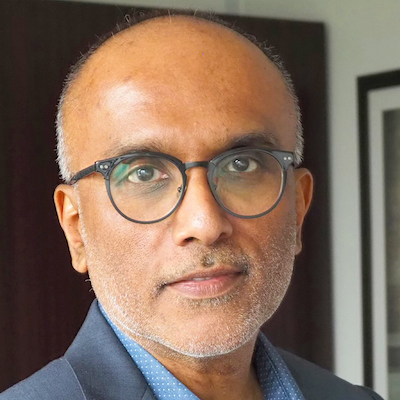
Chase Davis

Mike Rispoli

Jesenia De Moya Correa
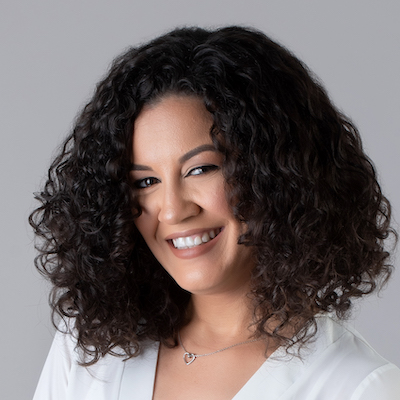
Raney Aronson-Rath
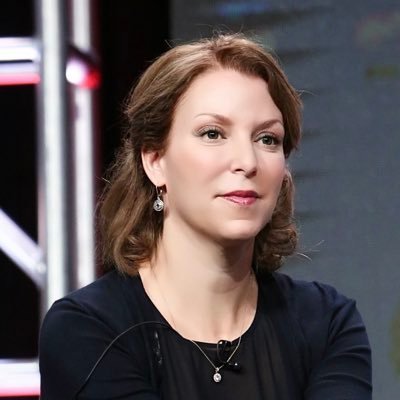
Julia Angwin
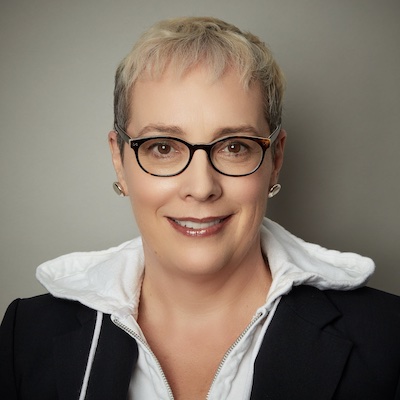
Rasmus Kleis Nielsen

Mandy Jenkins

Stefanie Murray

Melody Kramer

Jonas Kaiser

Kerri Hoffman
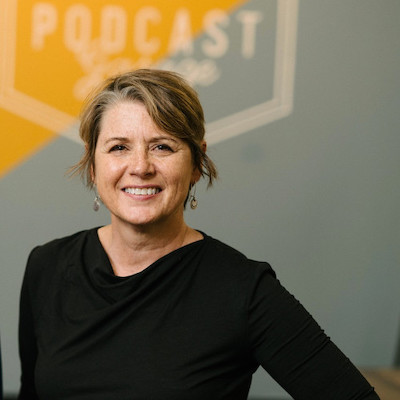
Amara Aguilar

Cristina Tardáguila
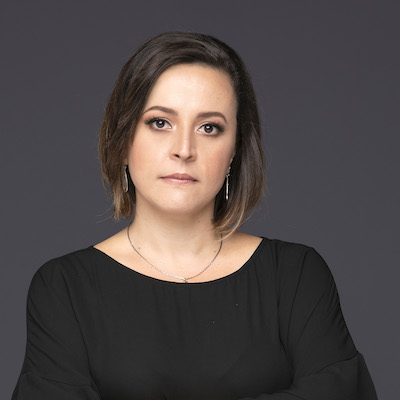
Larry Ryckman

Matt DeRienzo

Kristen Jeffers
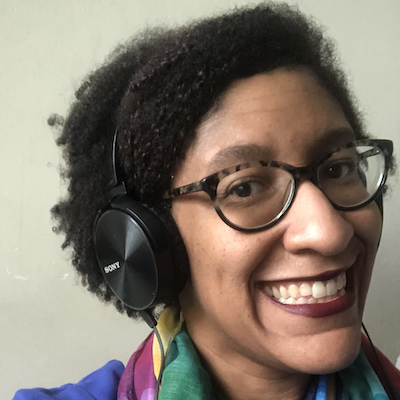
Francesco Zaffarano
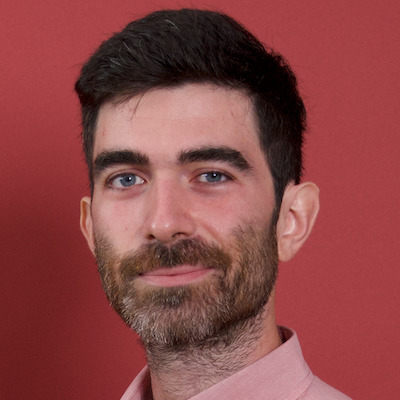
Mario García
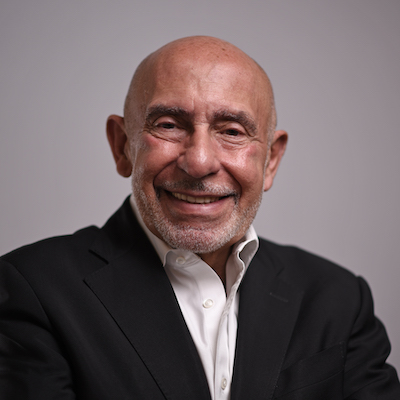
David Cohn

Julia Munslow

Stephen Fowler

Gonzalo del Peon

Richard Tofel

Mary Walter-Brown

Shannon McGregor Carolyn Schmitt

Jessica Clark

Meena Thiruvengadam
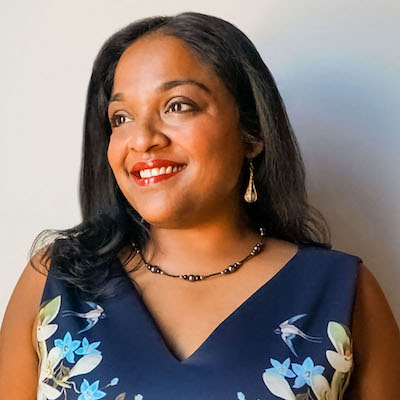
Matthew Pressman

Amy Schmitz Weiss
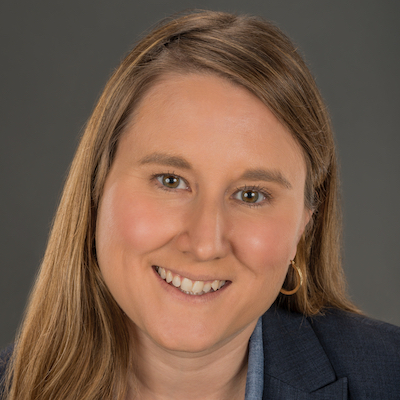
Jennifer Coogan

Ståle Grut

Gabe Schneider

Jim Friedlich
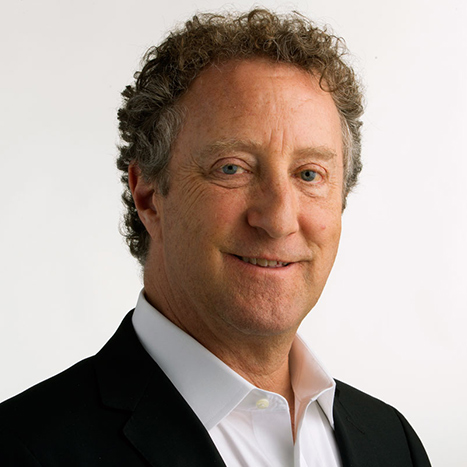
Cindy Royal

Matt Karolian

Errin Haines

Whitney Phillips

Wilson Liévano
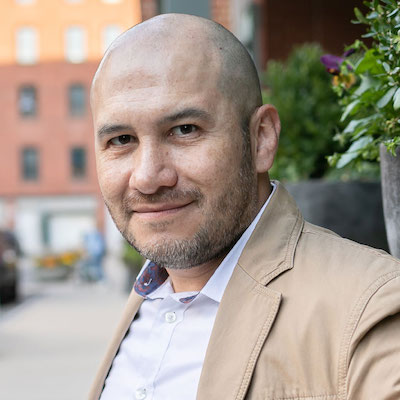
Christoph Mergerson
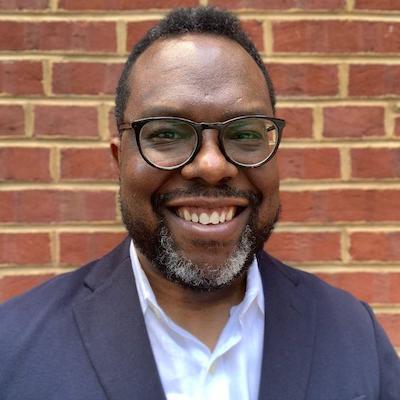
Joshua P. Darr

Andrew Freedman

Moreno Cruz Osório

Don Day

AX Mina

Burt Herman
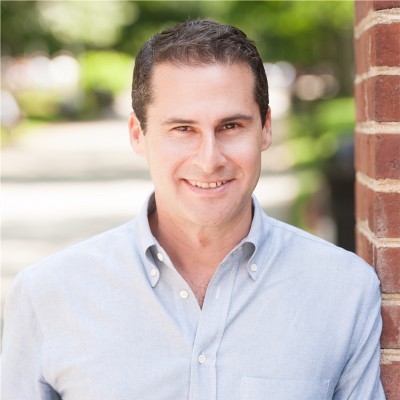
Anthony Nadler

Megan McCarthy
